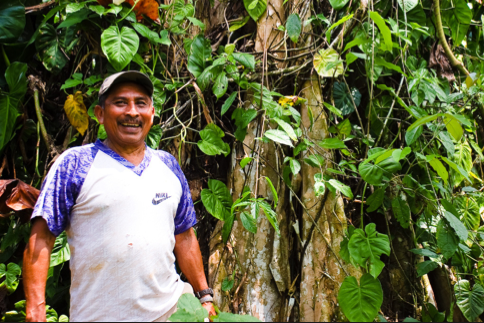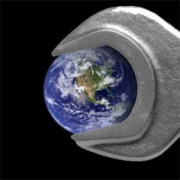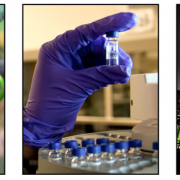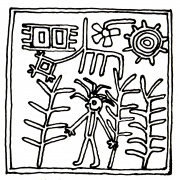Why Genetically Modified Crops Pose a Threat to Peasants, Food Sovereignty, Health, and Biodiversity on the Planet
Submitted by Veronica Villa on
Introduction
Almost twenty years of genetically modified crops… What have we gained?
Contrary to what companies promised, official statistics from the United States—the leading producer of genetically modified (GM) crops in the world—demonstrate that the truth of GM crops is that they produce less per hectare than the seeds that were already available on the market, but have resulted in an exponential increase in the use of agritoxins.










